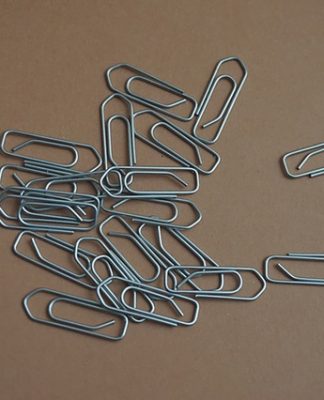When friends or acquaintances inquire about my profession, I explain to them that I am a therapist and I specialize in eating disorder therapy. They usually respond with ignorant comments such as, ” They just need to eat in moderation.” The problem is, most people do not fully comprehend eating disorders. As a matter of fact, this is not surprising since eating disorders are among the most complex disorders. The candid truth is that people who are struggling with eating disorders (without having had previous treatment) usually do not totally understand it themselves. Most times new clients will state, “Everything is fine except for the food thing.” They have self defeating thoughts and feel guilty. “If only I could get this under control, my life would be fine.”
My role is to assist in identifying the function of their eating disorder and how they are using it as a coping mechanism. When we are able to identify the purpose, we are then able to address the underlying issues that are leading to these behaviors. While there are common functions for coping with an eating disorder, the utility of the behavior is unique to each person’s situation and experience.
The purpose of an eating disorder can act as a distraction from one’s reality. For example, when someone is obsessed in their thoughts with calorie counting or planning binges/purges, they are distracting themselves from being in the present. Commonly, this is to numb from an emotionally difficult situation. This is not conscious. And as mentioned earlier, most individuals don’t know they are doing this. For them, it really is about physical appearance or body image.
The underlying issue regarding appearance represents the psychological and social part of the model (biopsychosocial model) used in understanding the development of this disorder. For example, If the “ideal” body image or appearance is obtained, then one would feel more confident and more self assured. The depression and anxiety of not feeling good enough, fear of rejection and feelings of unworthiness represent the psychological component in the model.




















